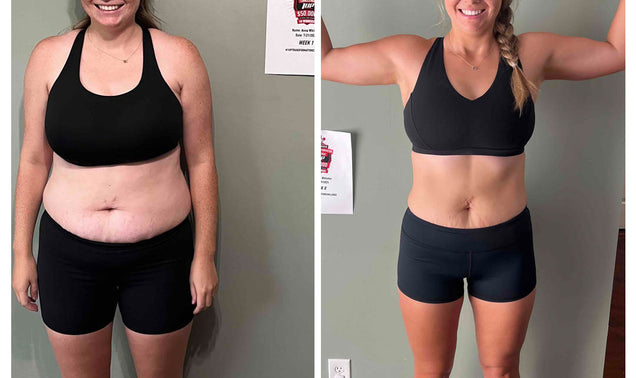How often have you heard that you shouldn’t eat carbs after 6 PM or you shouldn’t eat right before bed for fear that all of the food you just ate will turn to fat?
The “logic” behind these sayings essentially stems from the idea that since you’re going to bed (and thereby not engaging in any demanding physical activity) the body will have no immediate need for those calories and will store them as fat.
But, here’s the thing, just because you may not be engaging in a high-rep leg workout or going for a jog, doesn’t mean that your body isn’t working (and thus burning calories) while you’re sleeping.
In fact, the body is fairly active from a metabolic standpoint when we sleep, as it is when we sleep that the body does its greatest amount of repair and growth.
Beyond that, let’s say that you work long hours and don’t have time during the day to eat all of your meals, and the only time that you can eat is in the hour or two right before bedtime. Are all of these calories going to go straight to fat storage, even if you’re not exceeding your calorie requirements for the day?
Some “gurus” will say that they will…
...and they would be 100% wrong.
You see, human physiology isn’t that sensitive. It’s not as though there is some mystical clock inside of our bodies that says, “oh no, it’s after X P.M. I’m going to store all of these calories as fat.”
The human body doesn’t work that way.
As long as you have not exceeded your calorie limit for the day, you will not gain fat if you eat right before bed.
In other words, whether you eat all of your calories in a 2-4 hour window right before bed (intermittent fasting) or evenly spread them out over the course of a day, you will not gain body fat if you stay within your limits.
That being said, for some individuals consuming large amounts of food immediately before bedtime may make it harder to sleep. However, some people find that they actually sleep better when they have a full belly (especially if they consume a lot of carbs before bed, as carbohydrates stimulate serotonin production, which enhances mood, relaxation, and sleep).
The only legitimate reason that an individual should avoid eating before bed is if they have a tendency to overeat on snacks and exceed their calorie limit for the day.
These additional calories above your TDEE are what causes fat gain, not the fact that you ate them late at night.
The Bottom Line on When to Stop Eating Before Bed
Fat gain occurs when you consume more calories than your body needs over a prolonged period of time. It does not occur simply because you ate right before going to bed.
Remember, weight gain is a function of calories in vs calories out. So long as you’re not exceeding your calorie limit for the day, you can divide your calories how you prefer (whether it be evenly across the day or within the final few hours before bed).
The only time it makes sense to avoid eating right before bed is if you are prone to mindlessly snacking at night, which would cause you to overeat.






